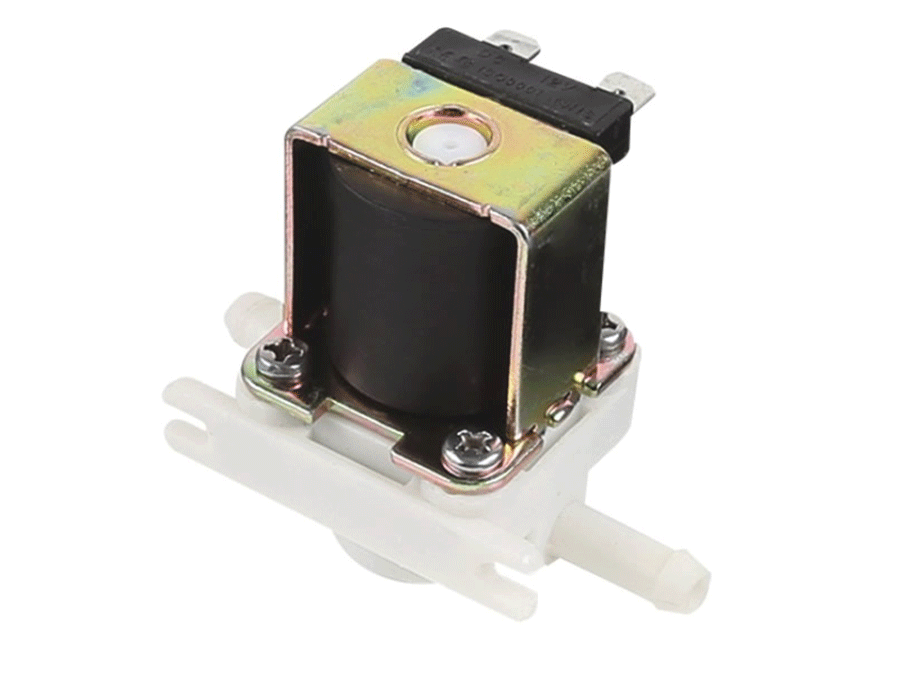Gas solenoid valves are used in various ambient temperatures, high temperatures, negative pressure, low pressure, and high-pressure applications. Applicable fluids are gas pipelines of air, nitrogen, oxygen, hydrogen, helium, carbon dioxide, argon, methane, etc. In general, gas solenoid valves are mainly used in medical equipment, rubber and plastic machinery, clothing equipment, drying equipment and pharmaceuticals, refrigeration, HVAC, electroplating coatings, food and beverage, vacuum equipment and other industries.
1. The sealing material of the gas solenoid valve can withstand the high temperature of 500℃.
2. The body of the gas solenoid valve can be cast under a pressure of up to 100 MPa.
3. The gas solenoid valve coil is made of heat-resistant material, which is suitable for the high-temperature environment that is highly matched with the gas pipeline. The coil has a long service life.
4. The gas solenoid valve can use the highest protection level, explosion-proof coil can also be used in a complex gas pipeline environment.

The water solenoid valve refers to an electromagnetic valve that can automatically or remotely control the on-off of a pipeline when the liquid medium is water, hot water, cold water, or sewage. Water solenoid valves are widely used in printing and dyeing, rinsing, power plants, petrochemicals, metallurgy, textiles, food, shipbuilding, pharmaceuticals, environmental protection, urban and other industries, clean water pipelines. It is mainly used to complete the automatic control of the medium in the water pipeline system and is an ideal choice for the automatic control of the water pipeline.
1. The water solenoid valve generally adopts rubber seal, which has little pollution to working medium, fast switching speed, and high reliability.
2. Generally speaking, water solenoid valves are not corrosive, so they can be made of cast iron, cast steel, stainless steel, and brass.
3. The water solenoid valve is generally used under normal temperature and pressure and does not need to be explosion-proof.
Gas solenoid valves usually require higher protection and explosion-proof levels, higher temperature resistance, and longer service life. If the medium is oxygen, degreasing materials should be used. In contrast, the requirements for water-oil solenoid valves are simpler.
The above information is provided by the water inlet solenoid valve factory.
Copyright:@2020-2021
Comments Please sign in or sign up to post.
0
0 of 500 characters used